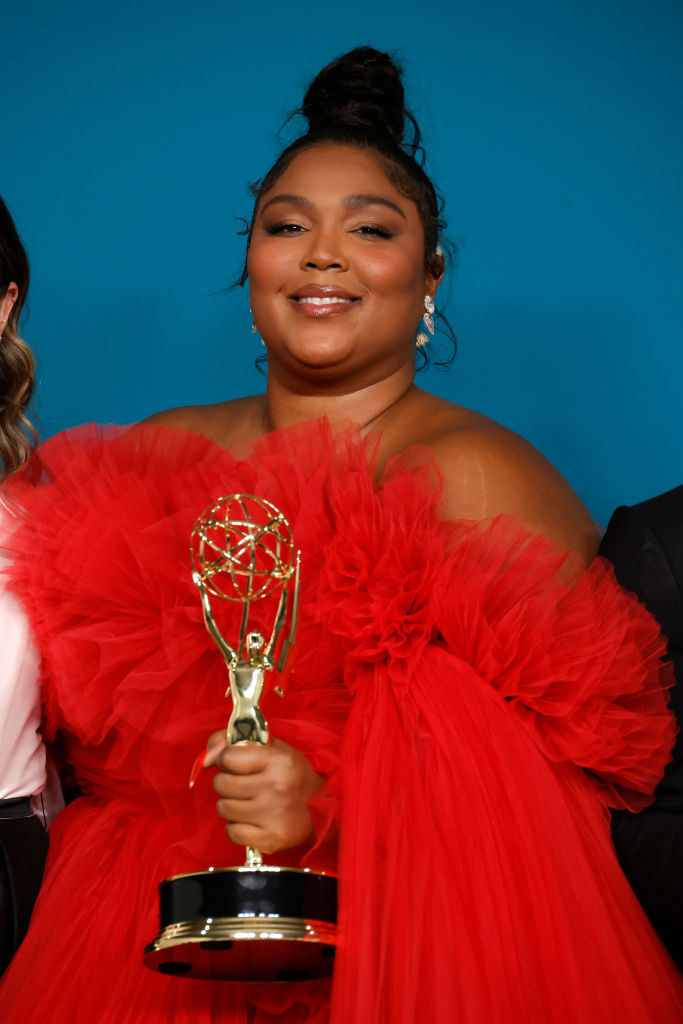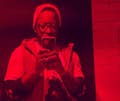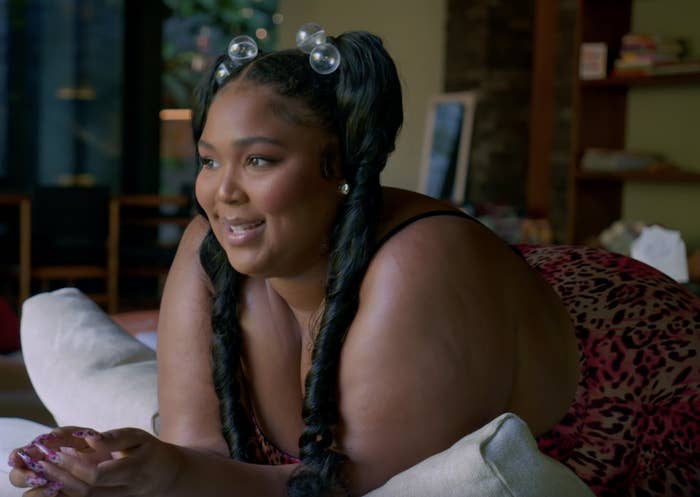Don't @ me, but Lizzo is a worldwide superstar and deserves all the wins — and nothing less.
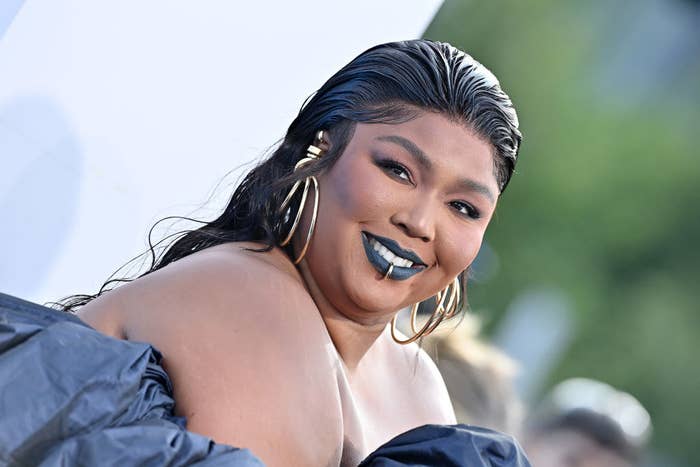
So when Lizzo talked with Entertainment Weekly about her stage anxiety, her proximity to Harry Styles, and why she refuses to be put into a box — I knew I would fall in love with her spirit again for the hundredth time.
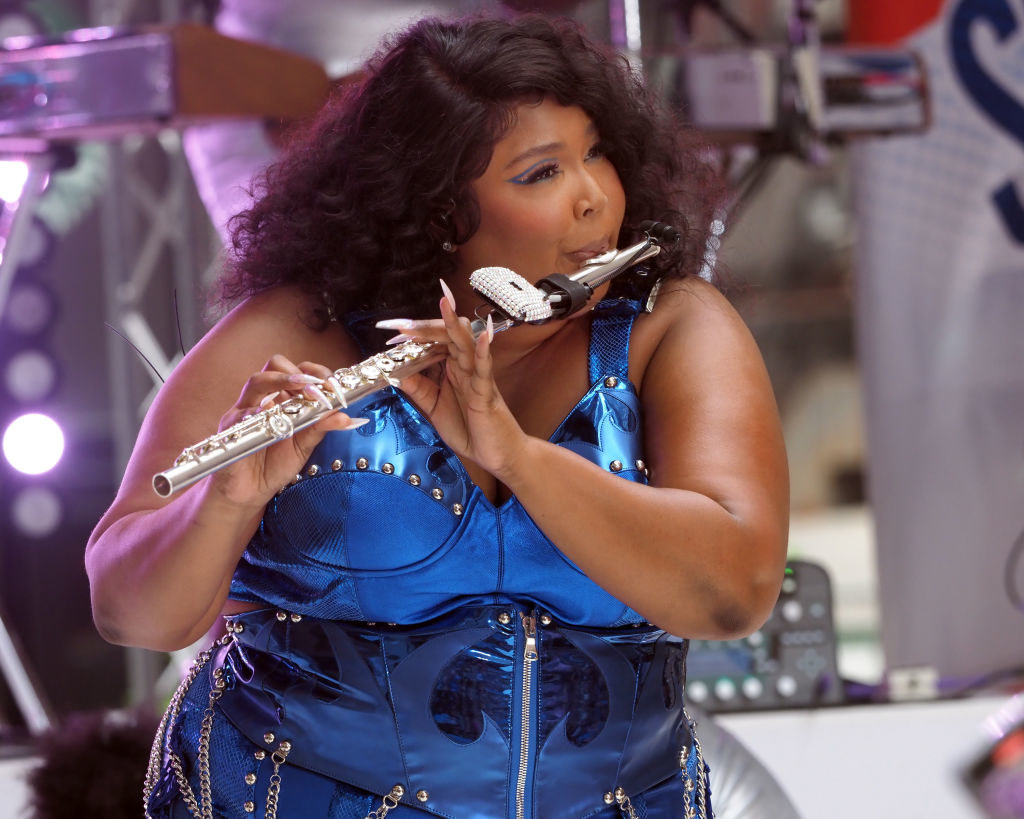
My biggest takeaway was her dissection of the stigma of pop music, music genres' problematic origins, and the backlash of her music "not being Black enough."
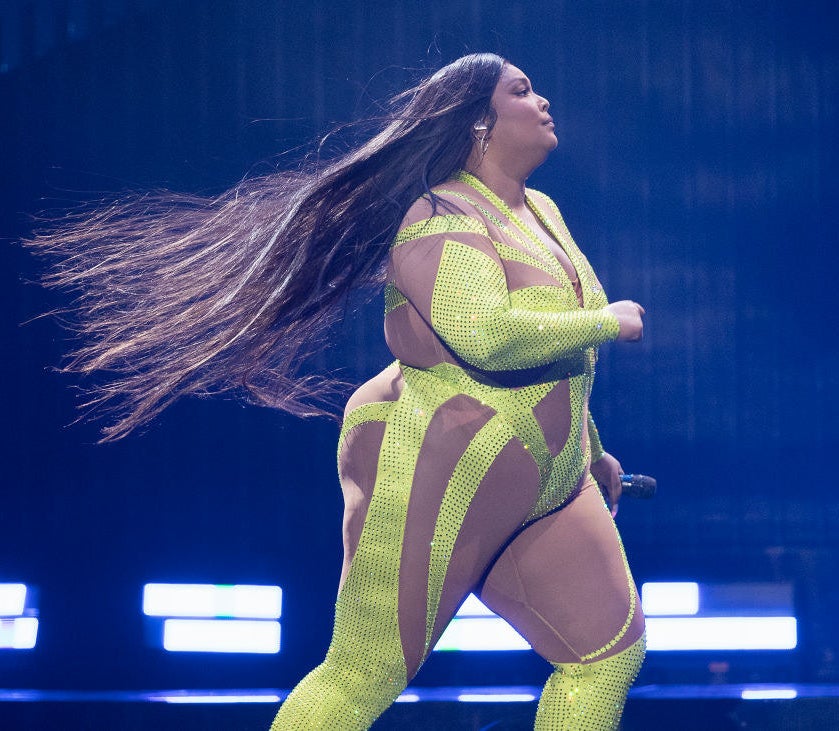
Melissa Viviane Jefferson (professionally known as Lizzo) is a 34-year-old multi-hyphenate powerhouse: a skilled rapper, beautiful singer, skilled flautist, and successful businessperson.

But even though her career is constantly on the rise, there are a few barriers that will take some time to break down despite how much Lizzo's universal music continues to top the charts.
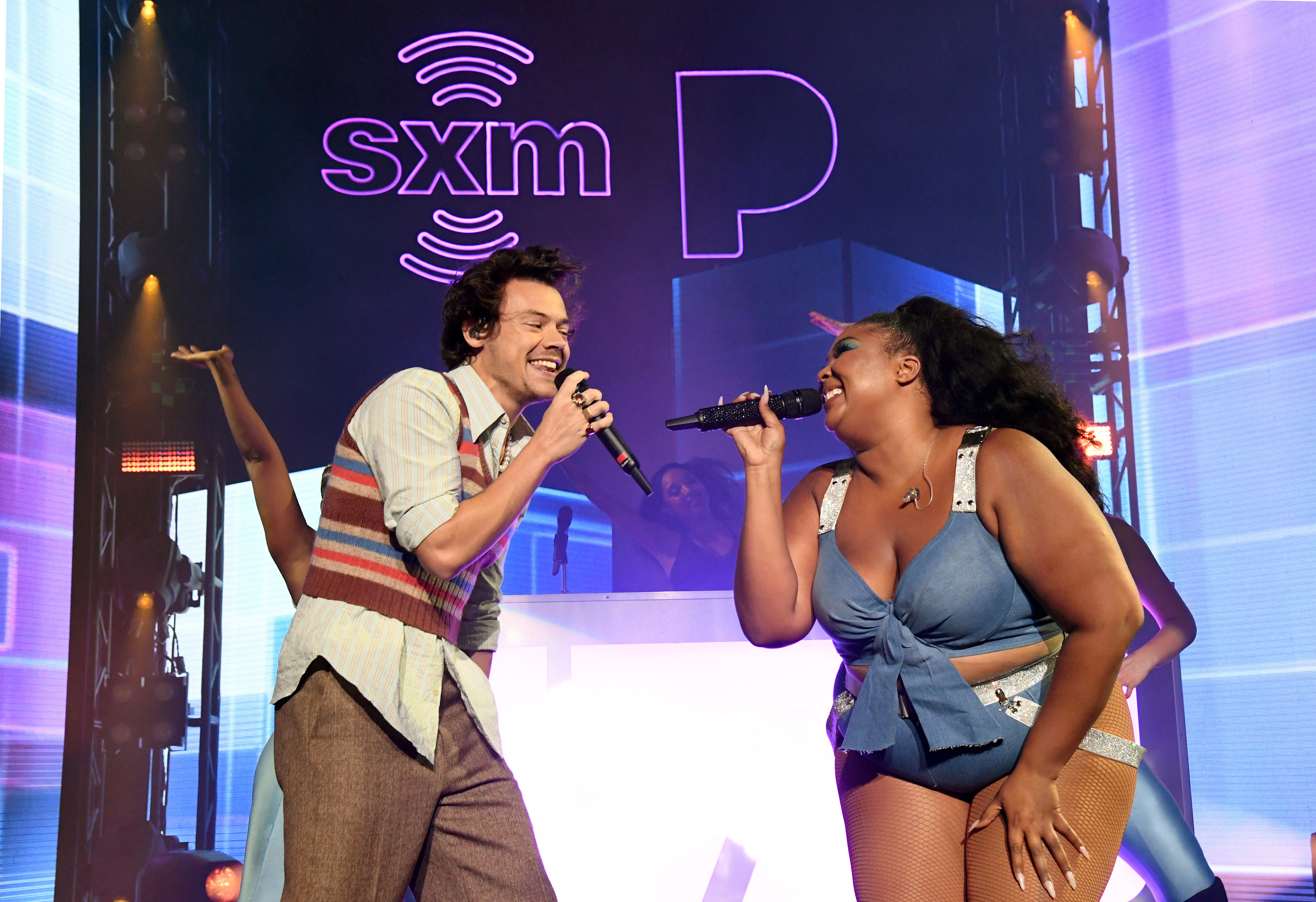
Lizzo got my full attention when she opened up with EW about the stigma of the pop music genre and race music. “Genre’s racist inherently," she said.
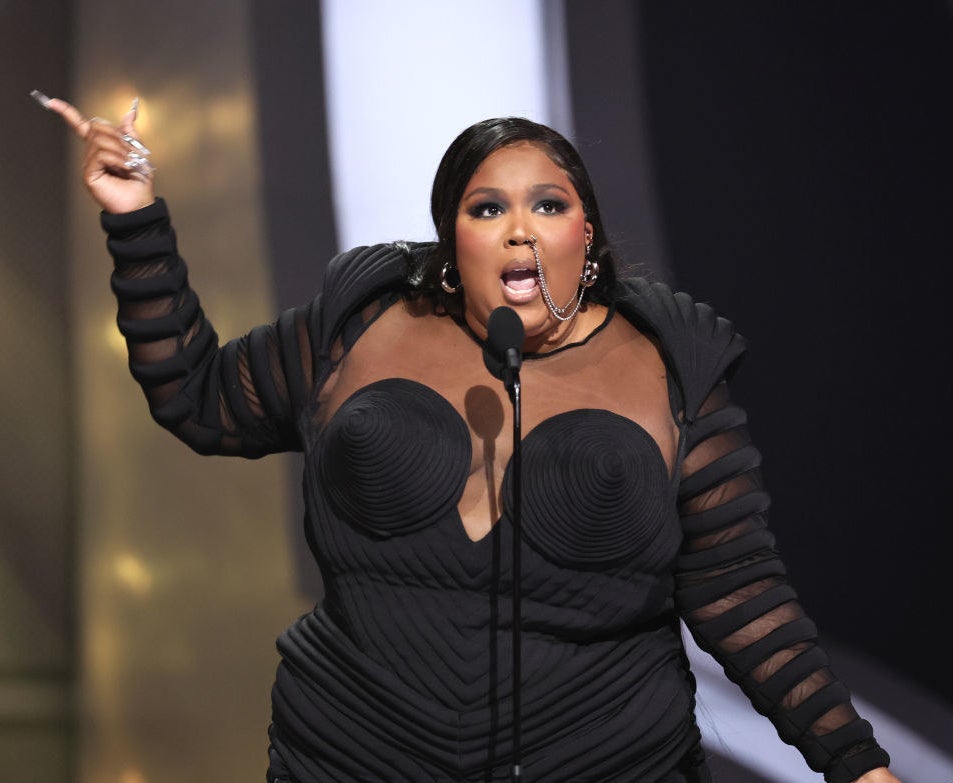
“I think if people did any research, they would see that there was race music and then there was pop music. And race music was their way of segregating Black artists from being mainstream because they didn’t want their kids listening to music created by Black and brown people because they said it was demonic and yada, yada, yada.”
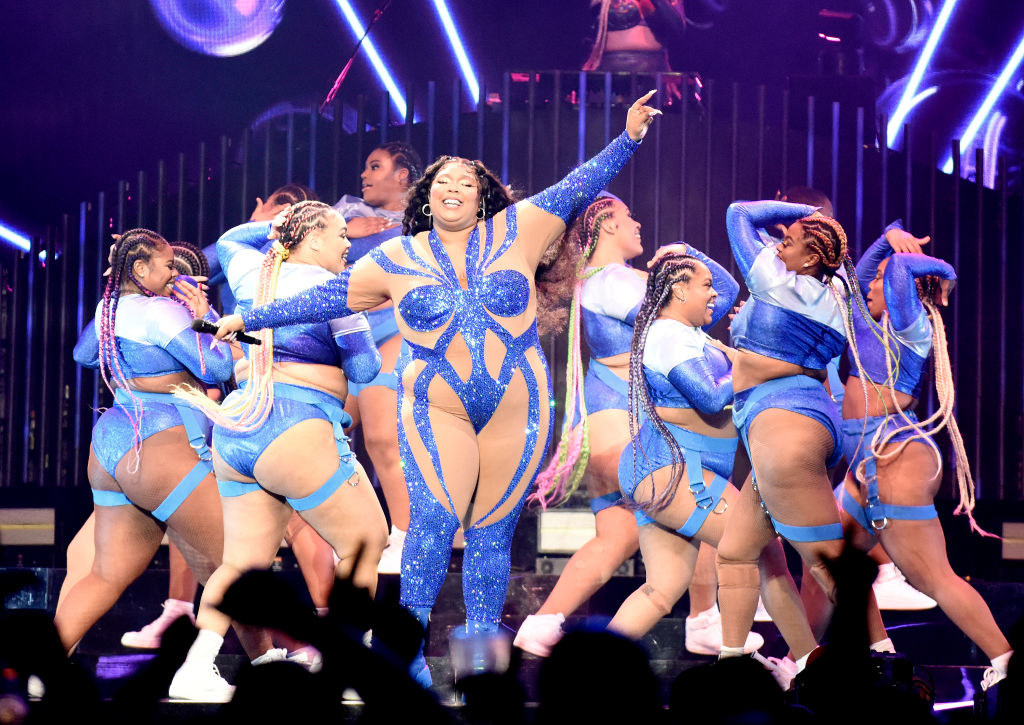
Basically, she's saying that certain "genres were created almost like code words" for categories dominated by people of color. “I think when you think about pop, you think about MTV in the ’80s talking about ‘We can’t play rap music,’ or ‘We can’t put this person on our platform because we’re thinking about what people in the middle of America think’ — and we all know what that’s code for," she said.
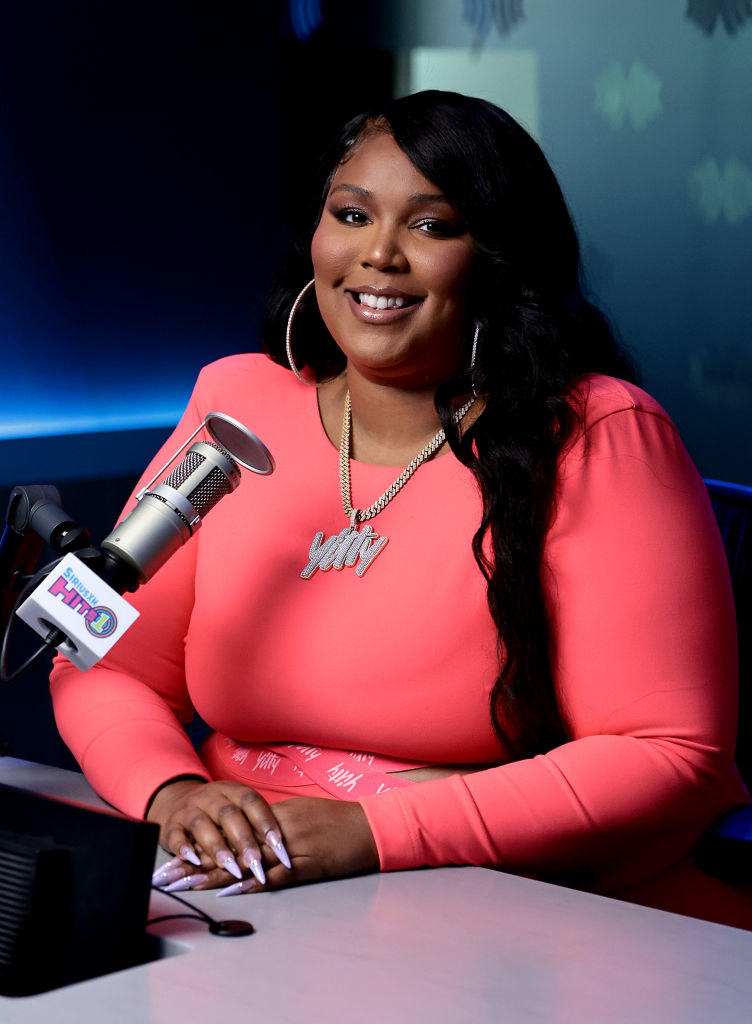
"So yes, because of that — fast-forward to 2022 — we have this well-oiled pop machine, but remember that it has a racist origin. And I think the coolest thing I've seen is, rap and hip-hop artists become pop. Now pop music is really rap in its DNA — rap is running the game, and I think that's so cool," she added.
"But we forget that in the late '80s and the early '90s, there were these massive pop diva records that were sang by Black women like Whitney Houston, Mariah Carey. And I'm giving that same energy."
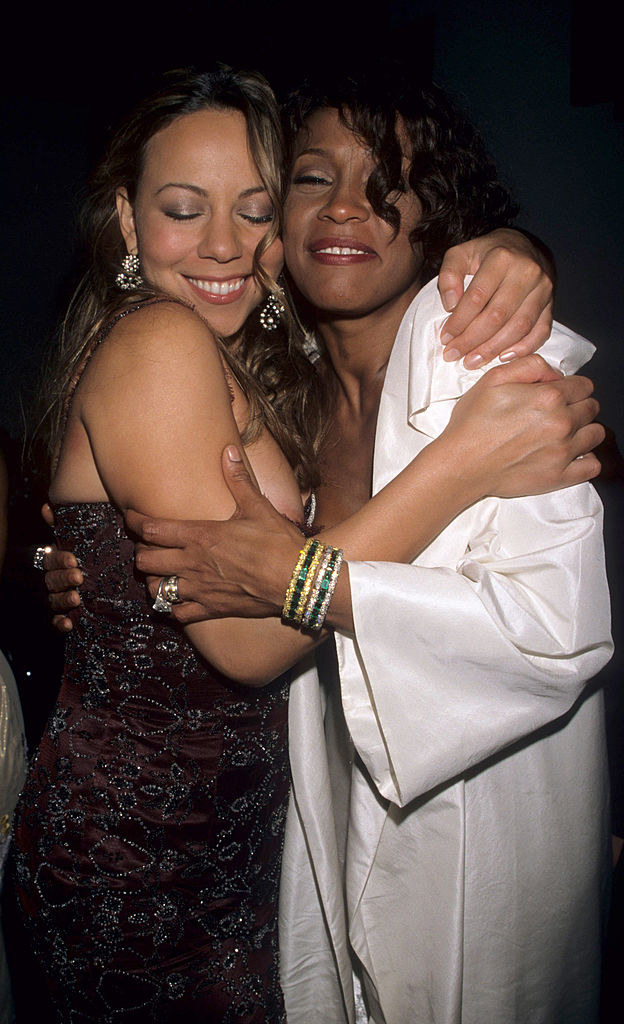
For Lizzo, making music that's considered to be in the pop genre does have its perks, but it also comes with a few headaches.
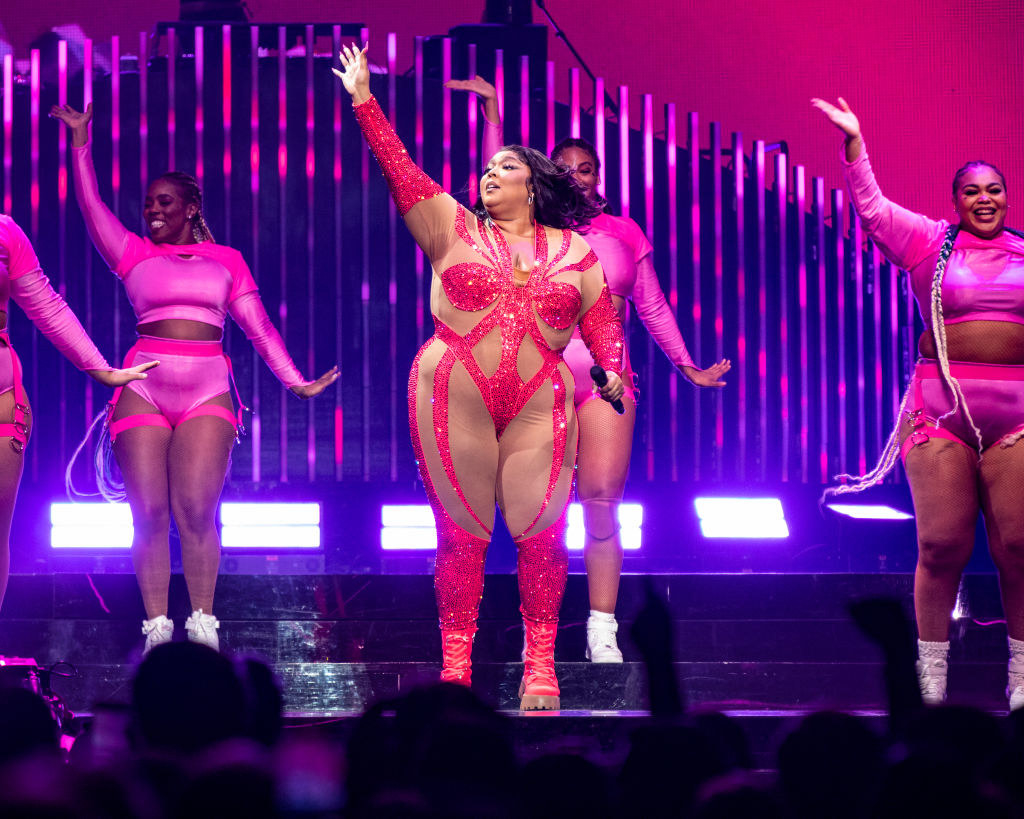
As she mentioned in the documentary, she's faced backlash from people who think that her persona and music aren't Black enough — but Lizzo has a positive comeback for the haters.
“I think anything that’s new, people are going to criticize and feel like it’s not for them,” she said. “But once you get used to something, it might be for you. So for people who don’t like pop music or don’t like Black artists that make pop music, they may eventually like me.”
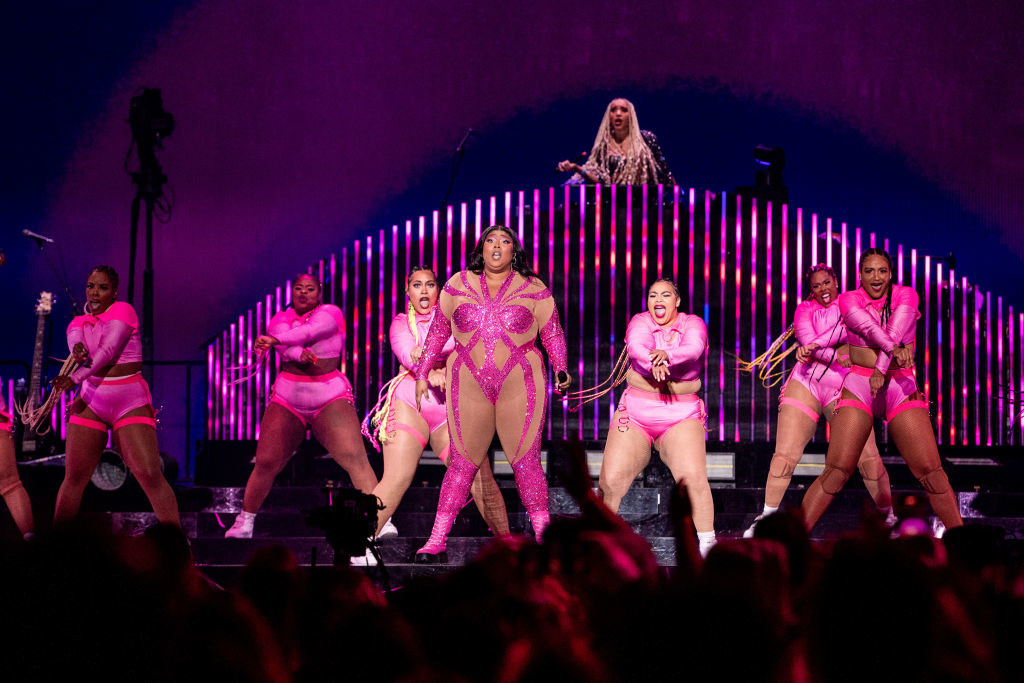
She added, “You just gotta get used to me because I’m making good shit. You missing out.”
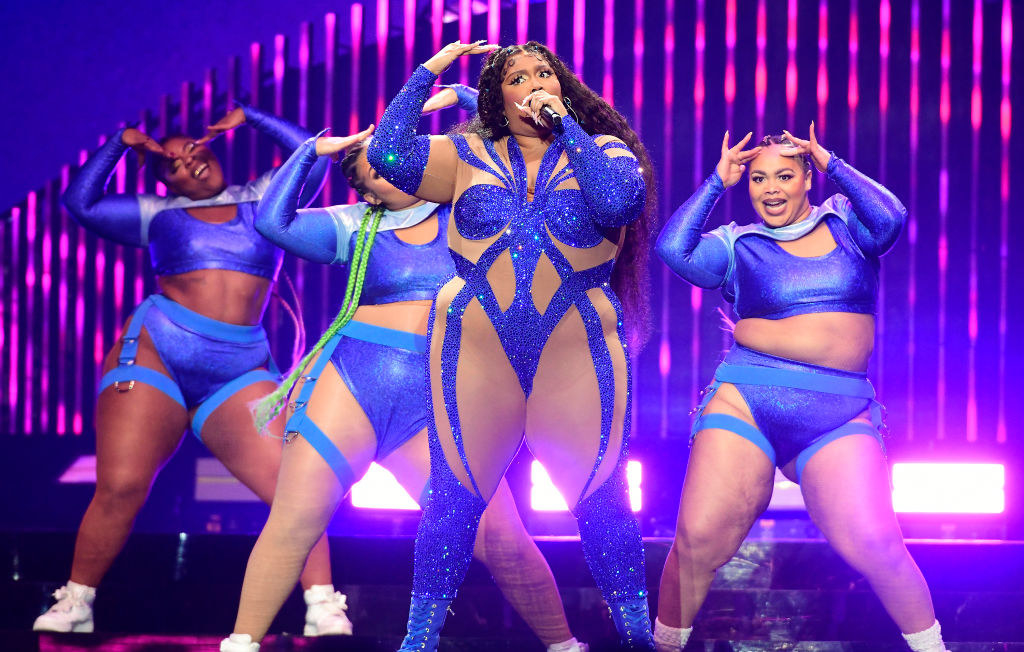
She really is 100% that bitch. Her words, not mine.
